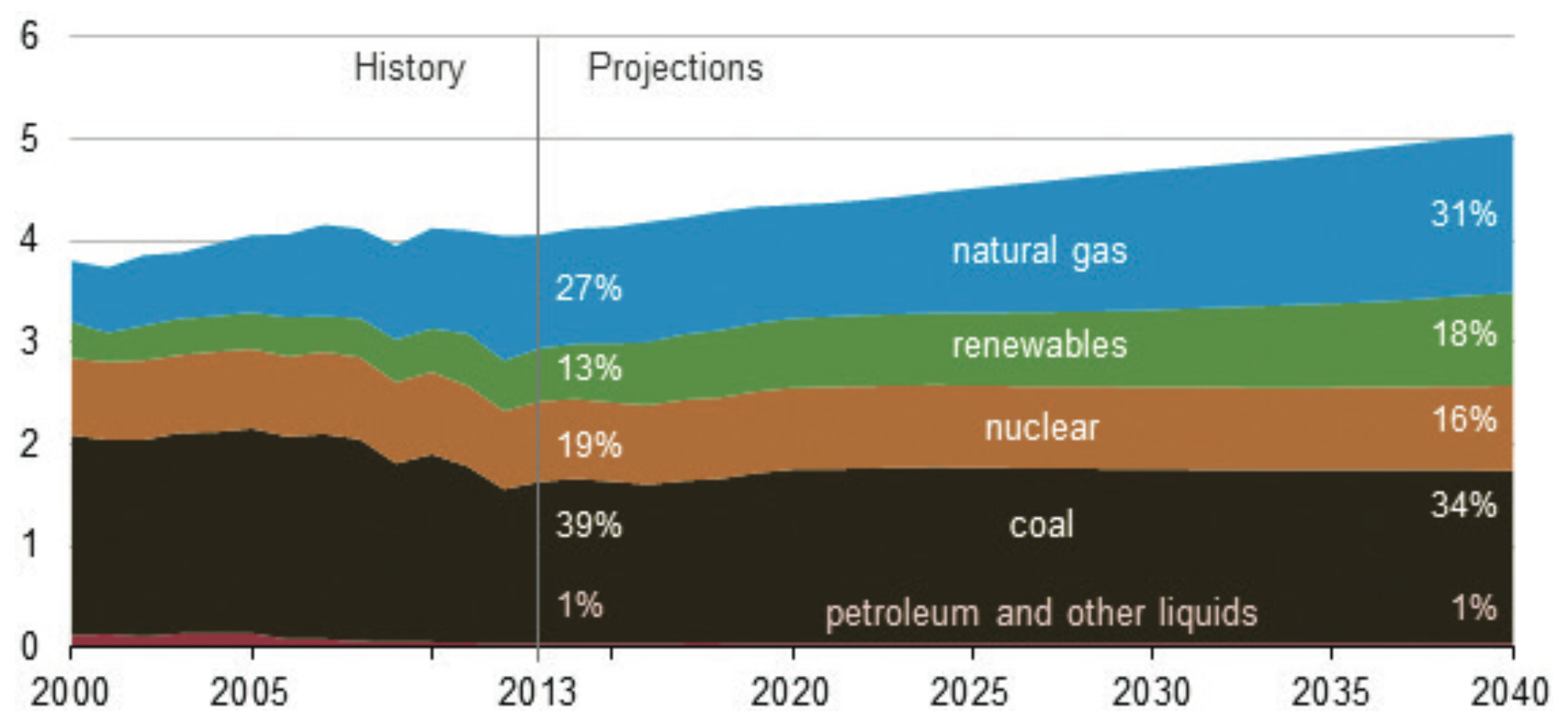This week heads of state have gathered in Paris to discuss the future of global energy regulations in order to start a unified effort to combat climate change. The United States has been seen as a cornerstone of this conference as negotiators from around the world have come together to seek a solution. On Tuesday SLU’s government honors society, Pi Sigma Alpha, hosted Bob Meyers ’76 to discuss the emerging trends in energy policy and the expected outcomes of the Paris conference.
After graduating St. Lawrence, Meyers went on to attend Georgetown University Law Center and work on Capitol Hill for over two decades. On the Hill, Meyers served as Deputy Chief Counsel for Energy and Environment and Environmental Counsel for the House Energy and Commerce Committee, as well as Chief of Staff for a member of the U.S. House of Representatives. He continued his career at the Environmental Protection Agency, where he served as acting Assistant Administrator and Principal Deputy Assistant Administrator. Meyers distinguished career in public service, as well as his current position as a senior counsel in the Washington, D.C. office of Crowell & Moring and a member of the firm’s Environment & Natural Resources Group, made him uniquely qualified to discuss trends in energy production with the SLU community
Throughout his talk, Meyers acknowledged the difficult nature of predicting the United States’ future energy industry. “Fifty years ago, it was predicted that in the 21st century 50% of energy would be from nuclear power plants,” explained Meyers. Today, however, less than 20% of energy is derived from nuclear sources. “Energy policy is disrupted by unforeseen events,” he stated. For example, in the 1970s American energy systems were deeply impacted by the OPEC oil embargo. Furthermore economic, regulatory, technological, and policy changes can cause great changes in American energy trends.
However on a global scale, one thing is easier to predict. “Energy consumption is expected to increase throughout Russia and the developing world,” said Meyers. This expansion in consumption further complicates the efforts of the Paris conference to reduce carbon emissions, which are the chief driver behind global climate change.
Many feel that despite these aggressive calls for carbon emission reduction, energy consumption will stay the same. Meyers presented numerous graphs showing that American energy sources have changed little over the past 75 years. “In order to get anywhere near 80% of reduced carbon emissions you’re going to have to see massive redevelopment,” added Meyers.
Despite the United States’ tendency to stick to the status quo, American energy producers are beginning to shift away from their reliance on coal. “Coal is seriously under assault right now,” stated Meyers. While solar and wind have become more competitive in their pricing, the coal industry has seen a large-scale reduction in profits.
As the Paris talks move forward, it is difficult to predict what they will accomplish. “They are not certain of what they’re going to end up with,” said Meyers, “It’s possible that after two week they’ll end up with nothing.” However, even if the talks in Paris result in a comprehensive plan it is difficult to tell if Congress will ratify those agreements. With Washington’s current partisan deadlock, it is unlikely that the Senate will approve any binding agreement. The Obama administration will then be given the task of determining how to enact any reforms without the approval of Congress. One option would be to justify any new treaties from Paris as an extension of existing UN treaties. However, Meyers cautions that such a justification would be difficult to defend. Additionally, the Obama administration could enact an executive action to enforce the agreement. “There are a lot of ways to skin this cat,” added Meyers.
Meyers’ talk was a valuable introduction to many students regarding the future challenges of energy policy as well as the difficulties of the Paris conference. “I thought it was an engaging talk and especially relevant given the high-profile nature of Paris,” said Anna Brouillette ’17, who currently serves as President of Pi Sigma Alpha.
While it is unclear how the Paris conference will unfold, it is evident that the pressing nature of climate change and the rigidity of the energy sector will continue to conflict with each other.



